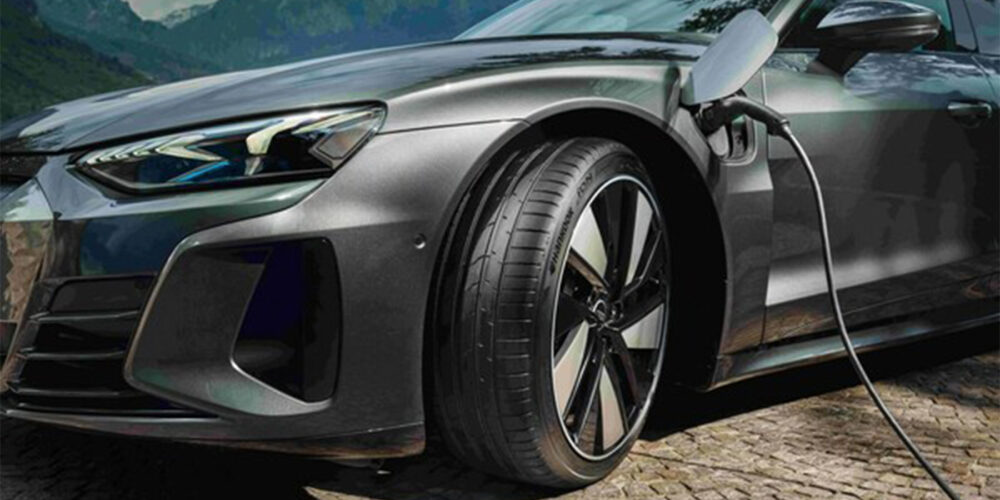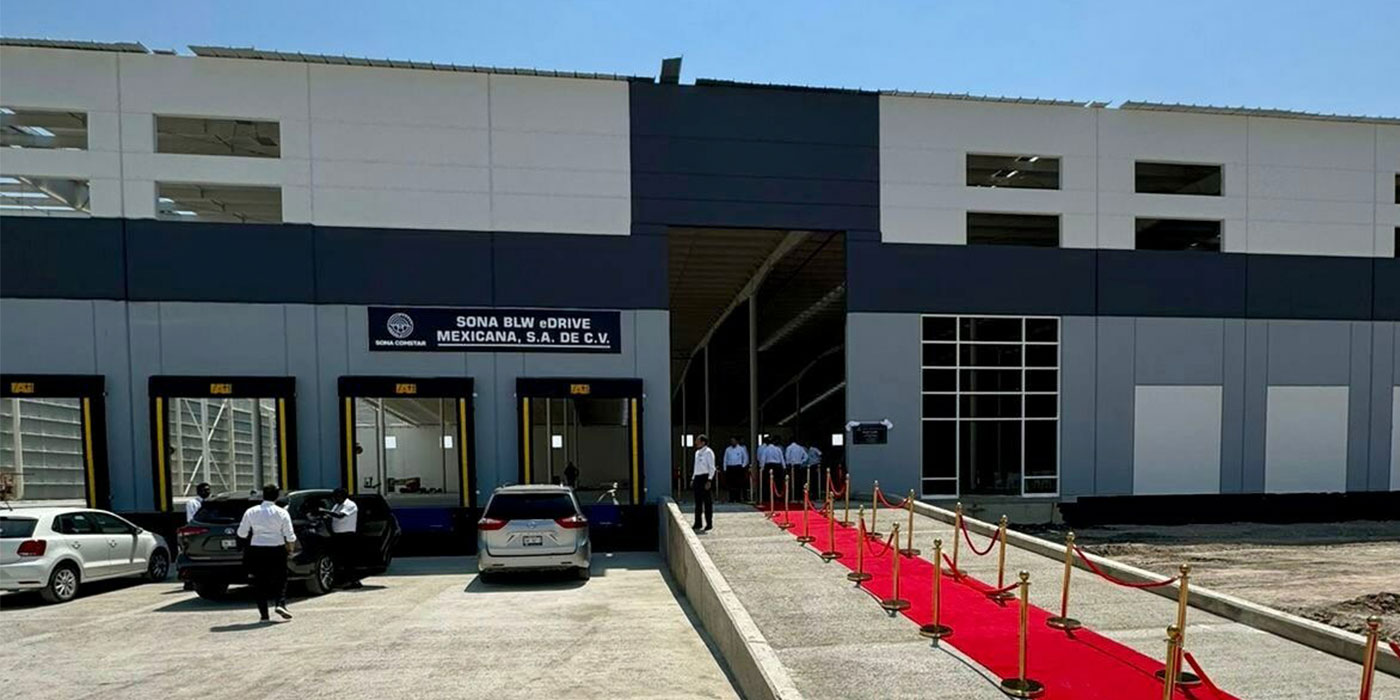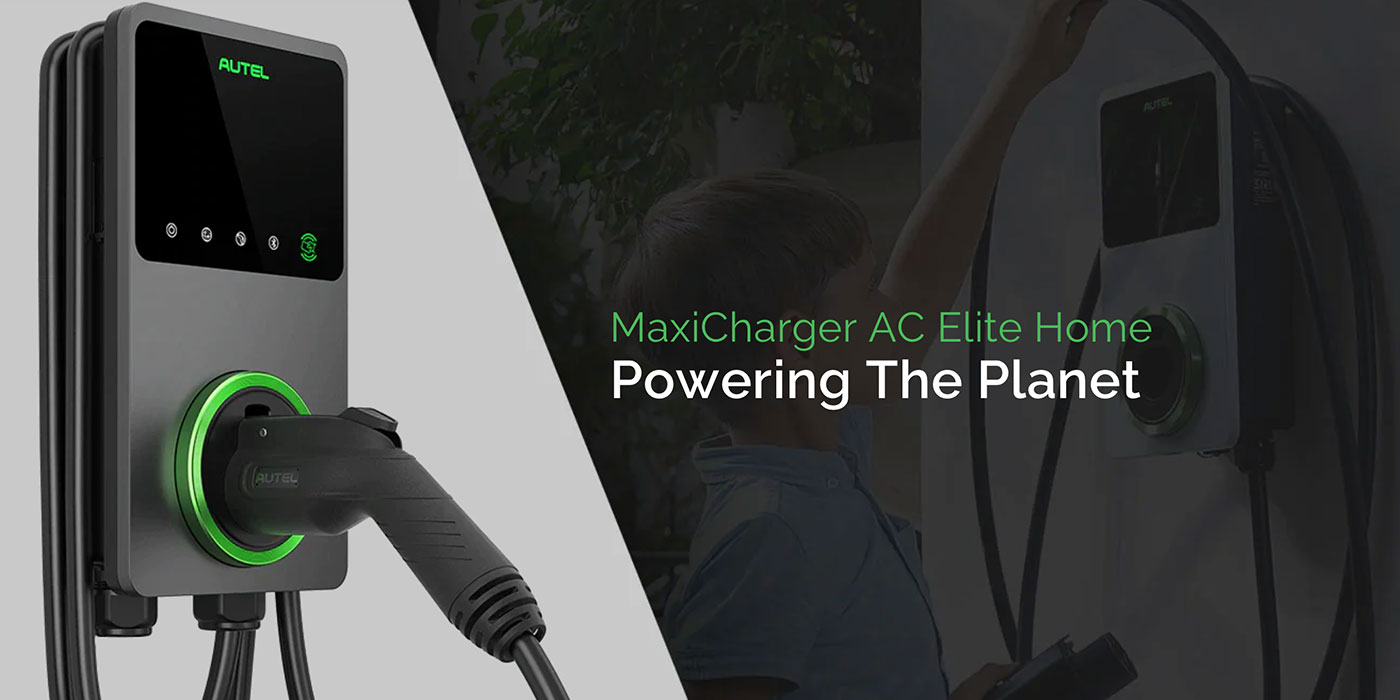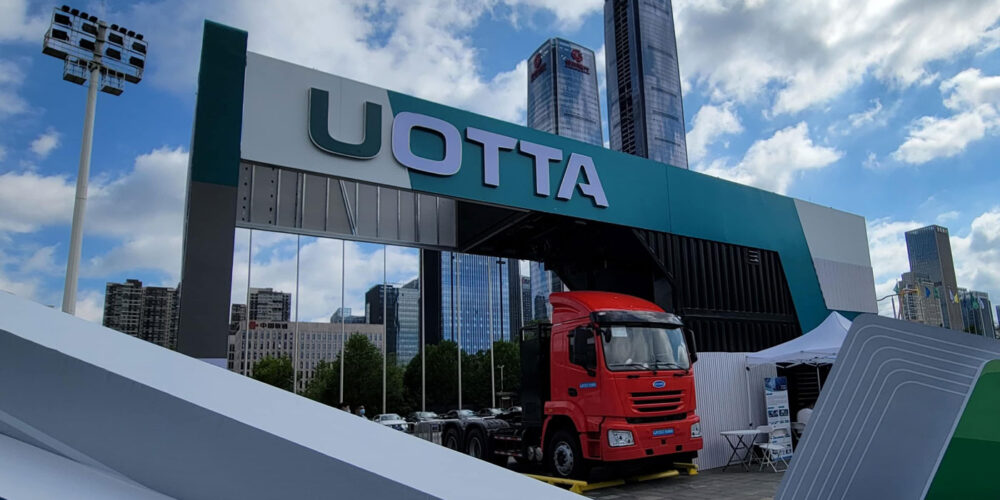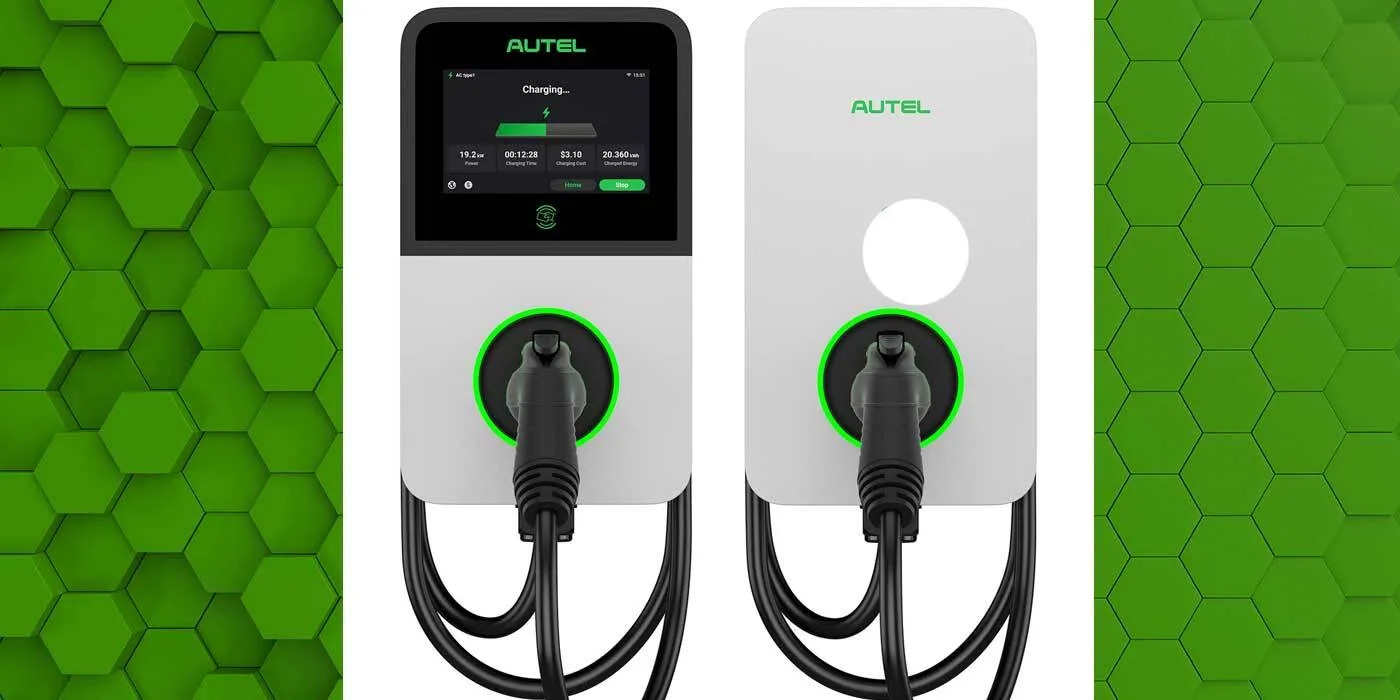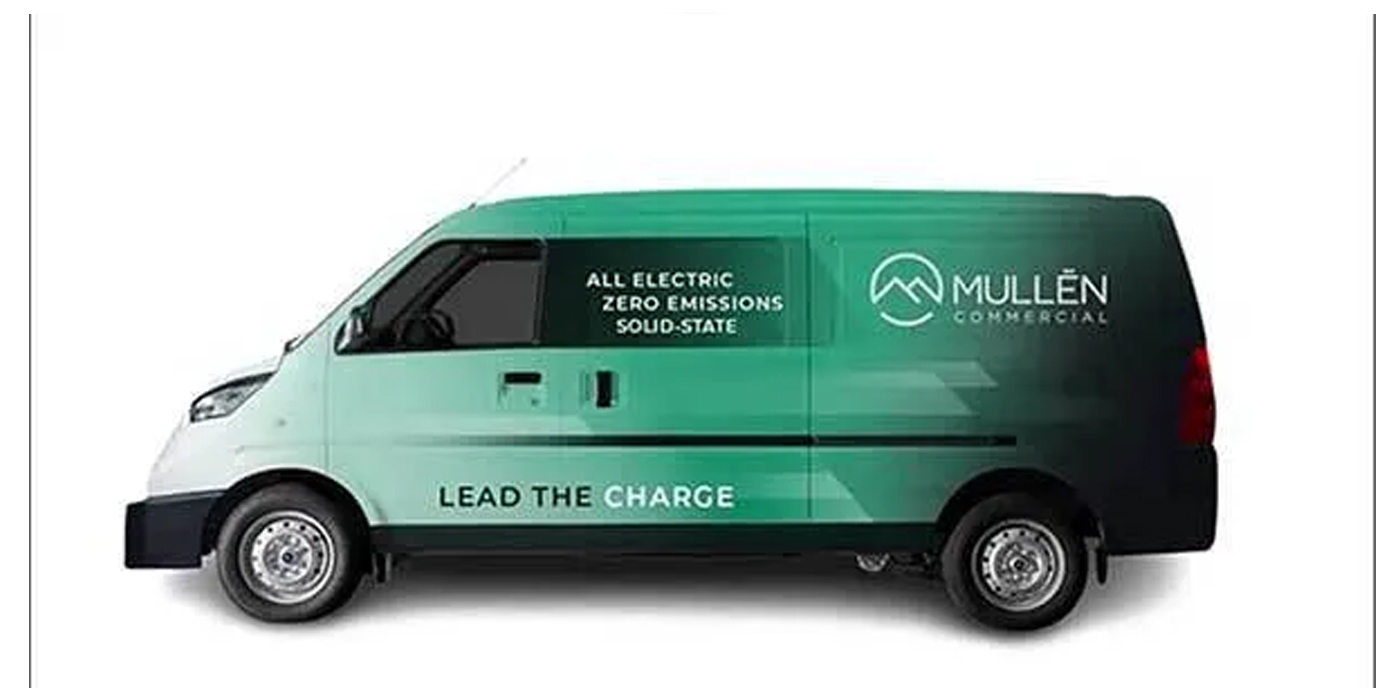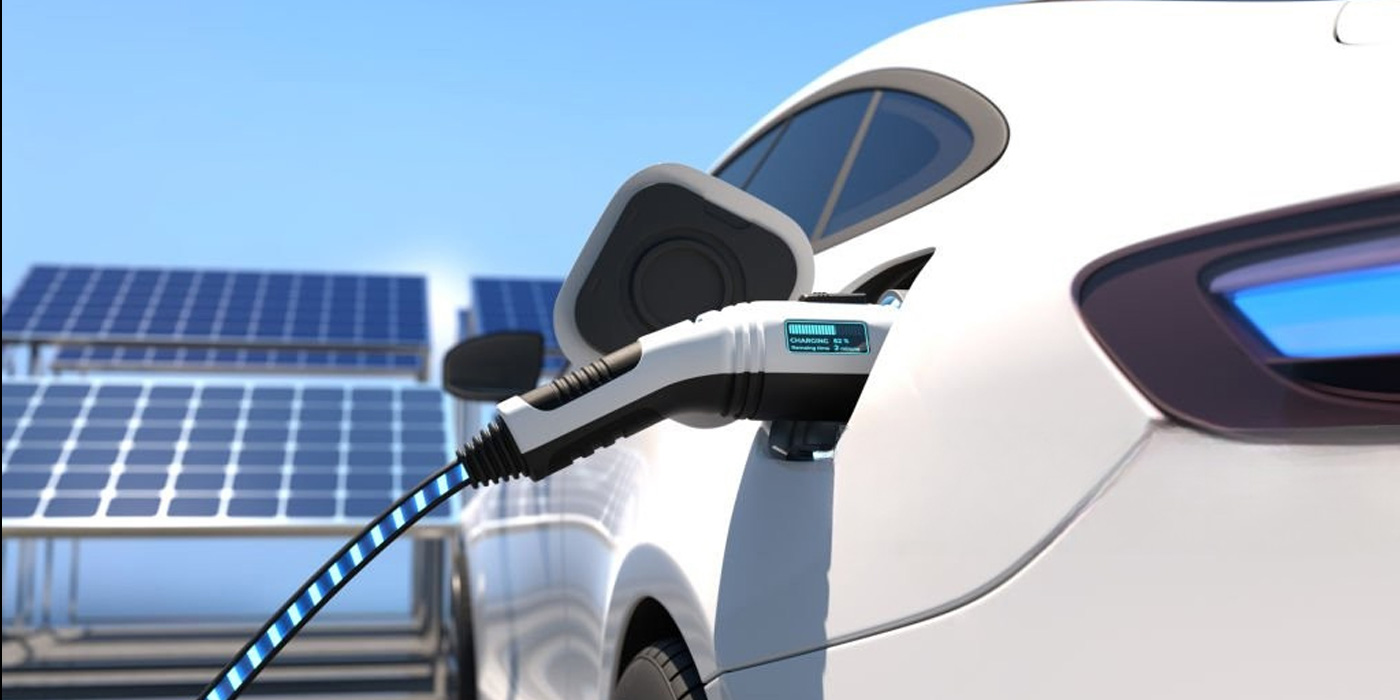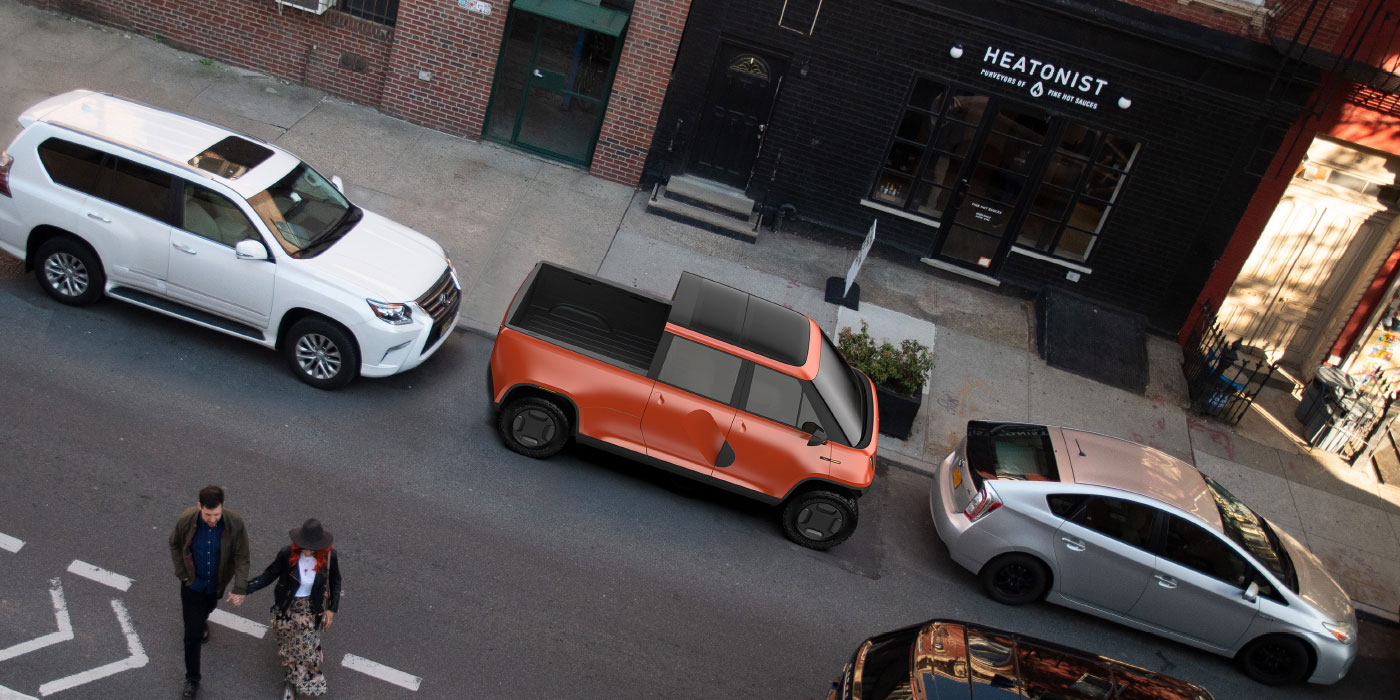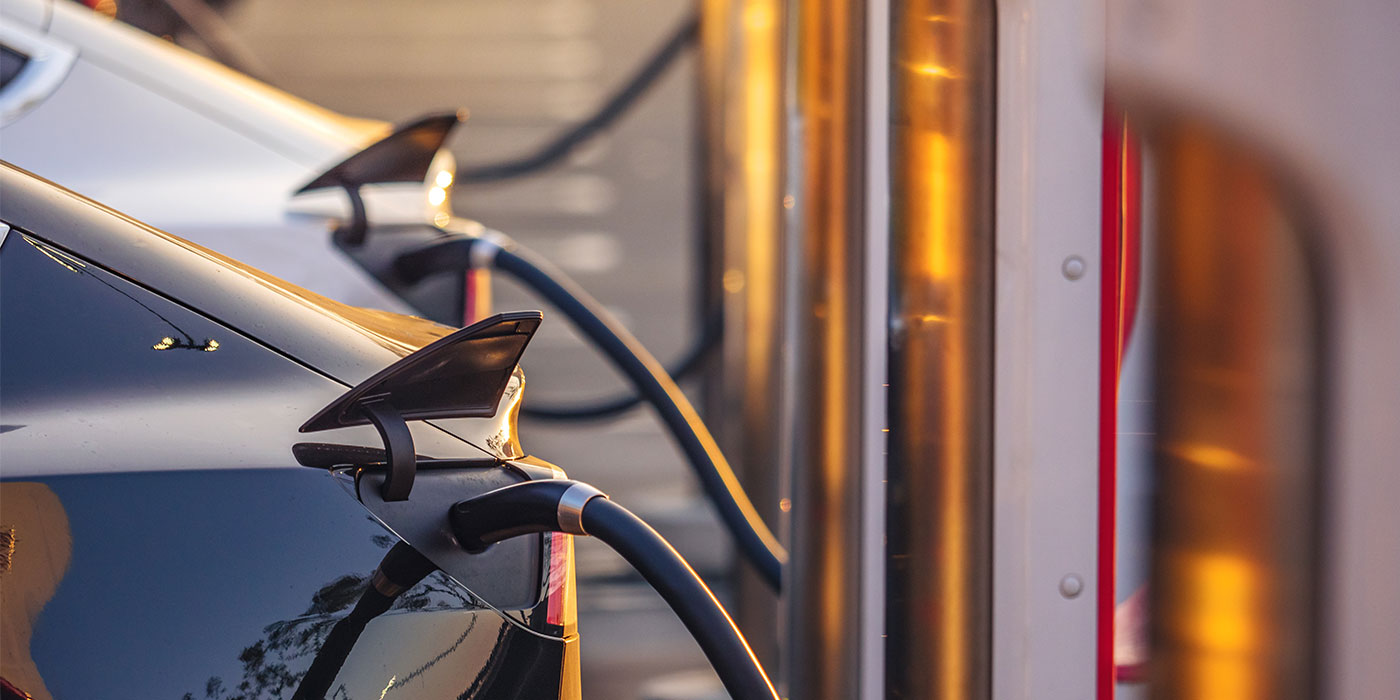Tire maker Hankook Tire today unveiled iON evo and iON evo SUV, the latest in the company’s iON line of tires specifically designed for electric vehicles (EVs). The company states that the all-new tires deliver uncompromised performance in summer conditions for high-performance EVs and are built with iON technology that focuses on tread wear, noise reduction, and unique grip performance for EVs.
“Our newest iON tires deliver impressive performance and reliability without compromising the unique features that electric vehicles require,” said Rob Williams, president, Hankook Tire America Corp. “Following the launch of our first iON all-season tires in the fall, which was met with great excitement in the North American EV segment, these new products meet the demands of high-performance electric cars and SUVs in summer conditions, when drivers can most enjoy the open road and get the most out of their vehicles. With iON evo and iON evo SUV, drivers who have made the switch to electric can count on Hankook to continue delivering impressive mileage, performance, and comfort for their EVs on those long summer days, no matter what conditions they face.”
EVs place unique demands on their tires compared to their ICE equivalents. Increased weight from heavier battery packs create greater wear-causing stress, while instantaneous power delivery requires improved traction, steering and braking performance. Rolling resistance needs to be reduced to maximize battery life, and the lack of powertrain means that road noise is far more prevalent, necessitating noise-proof technology to improve cabin comfort.
Hankook’s new iON tires are tailored to meet these unique demands. The iON evo and iON evo SUV push the limits of performance EVs with class-leading handling, wet grip and enhanced mileage, while delivering the low rolling resistance and cabin comfort that EV drivers have come to expect.

